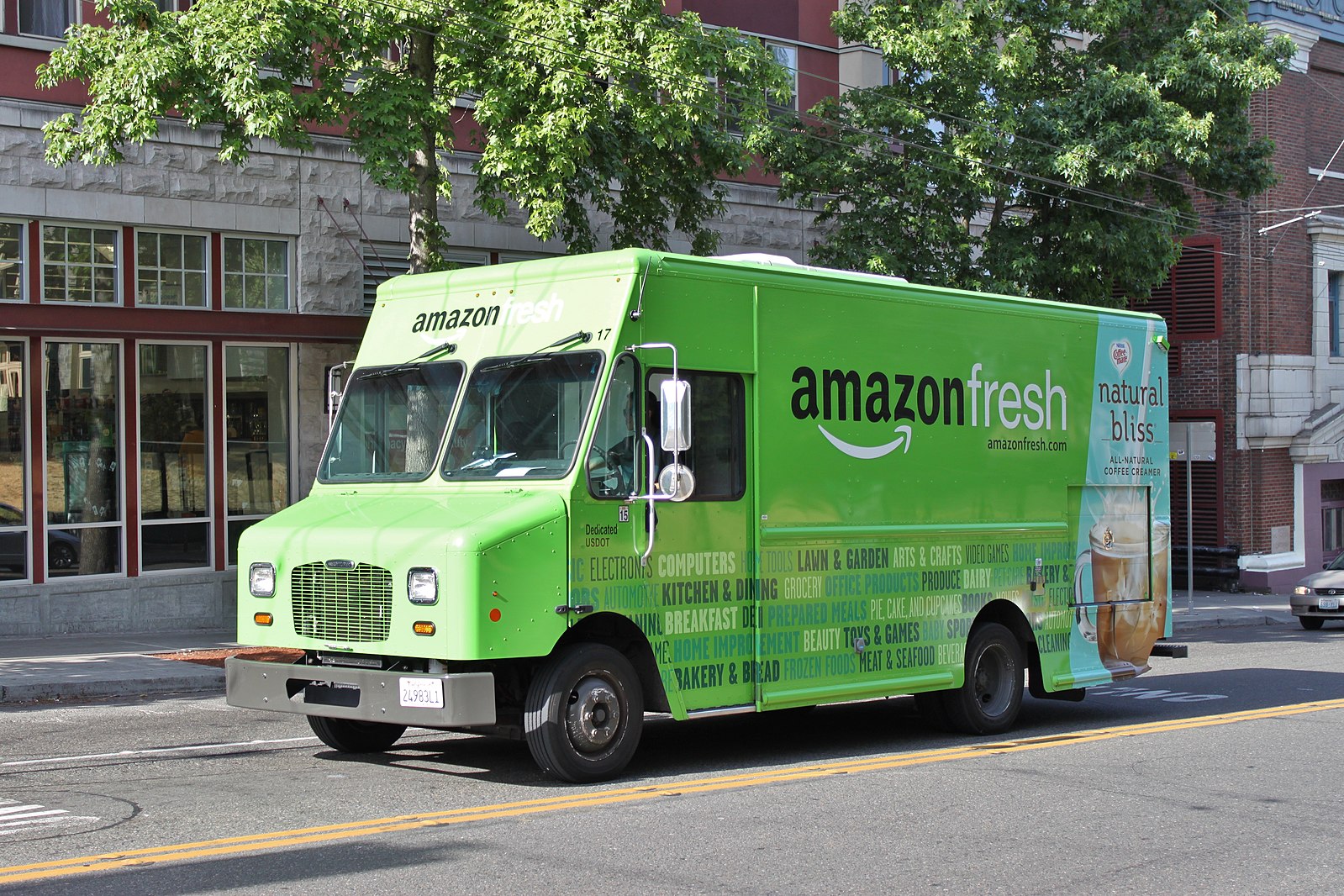Everest Fang is a student at Harvard Law School.
In today’s news and commentary: the Second Circuit tosses order requiring Amazon to refrain from firing union supporters, delivery drivers file arbitration claims against Amazon, and OSHA’s proposed heat standard is under review at OIRA.
Today, the Second Circuit tossed out a judge’s order that required Amazon to refrain from firing union supporters amid a nationwide organizing campaign at its warehouses. The Court held that the District Court which granted the order abused its discretion by failing to sufficiently explain why such a sweeping mandate was necessary. The NLRB sought the order in 2020 after Amazon fired Gerald Bryson, a union organizer at a warehouse in Staten Island, for making profane comments to a coworker during a protest over an alleged lack of COVID-19 safety measures. The District Court ruled that Bryson’s firing violated his rights under U.S. labor law and barred Amazon from terminating other union supporters. However, the District Court declined to order Amazon to reinstate Bryson, saying there was no evidence that his firing deterred other workers from unionizing.
Yesterday, thousands of delivery drivers filed arbitration claims against Amazon alleging that the company’s classification of them as independent contractors instead of employees has led to unpaid wages and other financial losses. The arbitration claims were made by drivers in California, Illinois and Massachusetts, all of which have rules that limit the amount of control companies can exert over independent contractors. The claims, collected over a span of four years, maintain that the drivers should be classified as Amazon employees instead of independent contractors, based on current laws in the three states. According to the drivers’ attorneys, the change in classification would allow the drivers to collect unpaid wages because Amazon currently only pays them for a pre-determined number of hours regardless of how long it takes to complete deliveries.
OSHA’s proposed rule to protect indoor and outdoor workers from heat stress is now under review at OIRA. The agency has been working on a national heat stress standard since 2021 amid rising global temperatures. The text of the proposal is not yet public, but OSHA has previously said that protection mandates could kick in any time the heat index reaches 80 degrees Fahrenheit. OIRA doesn’t have a deadline to complete its review.






Daily News & Commentary
Start your day with our roundup of the latest labor developments. See all
January 27
NYC's new delivery-app tipping law takes effect; 31,000 Kaiser Permanente nurses and healthcare workers go on strike; the NJ Appellate Division revives Atlantic City casino workers’ lawsuit challenging the state’s casino smoking exemption.
January 26
Unions mourn Alex Pretti, EEOC concentrates power, courts decide reach of EFAA.
January 25
Uber and Lyft face class actions against “women preference” matching, Virginia home healthcare workers push for a collective bargaining bill, and the NLRB launches a new intake protocol.
January 22
Hyundai’s labor union warns against the introduction of humanoid robots; Oregon and California trades unions take different paths to advocate for union jobs.
January 20
In today’s news and commentary, SEIU advocates for a wealth tax, the DOL gets a budget increase, and the NLRB struggles with its workforce. The SEIU United Healthcare Workers West is advancing a California ballot initiative to impose a one-time 5% tax on personal wealth above $1 billion, aiming to raise funds for the state’s […]
January 19
Department of Education pauses wage garnishment; Valero Energy announces layoffs; Labor Department wins back wages for healthcare workers.